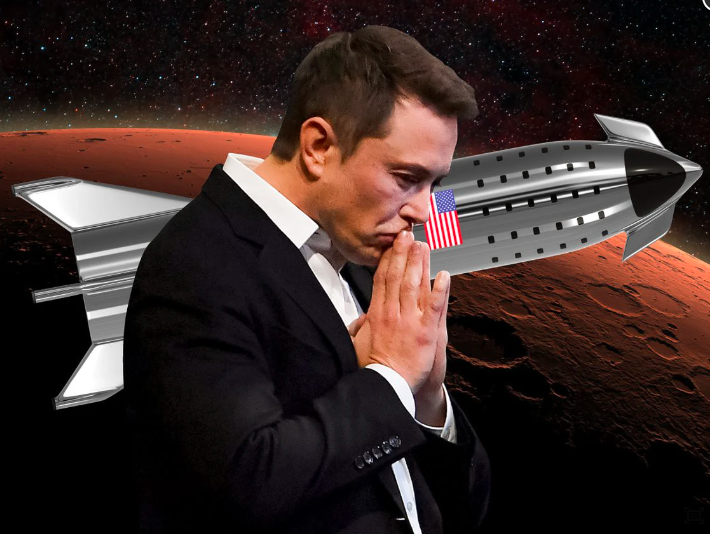Elon Musk has expressed admiration for America’s innovative spirit and entrepreneurial culture.
. He appreciates the opportunities the U.S. offers for technological advancements and business growth.
. Musk’s companies, like Tesla and SpaceX, have benefited greatly from American resources, talent, and government contracts.
. His recent political activities, including his support for certain candidates and policies, also reflect his vested interest in the country’s future.
Growing up, Elon Musk read plenty of books but was especially inspired by science fiction.
The genre motivated him to create “cleaner energy technology or [build] spaceships to extend the human species’s reach” in the future, according to the book “Elon Musk: Tesla, SpaceX, and the Quest for a Fantastic Future” by Ashlee Vance.
With these goals in mind, Musk went on to start SpaceX in 2002 and Tesla in 2003. And now, he is on the precipice of a potentially historic launch for SpaceX on Saturday, as the company plans for its first crewed mission of two NASA astronauts.
Looking back on his success, Musk in part credits the opportunity he found when he emigrated to the United States in 1992.
“America is still the land of opportunity more than any other place, for sure,” he told Vance in a Bloomberg interview published Friday.
Musk was born in South Africa, but always wanted to move to the U.S.
“It always seemed like when there was cool technology or things happening, it was kind of in the United States. So, my goal as a kid was to get to get to America basically,” Musk told Kevin Rose in 2012.
At the age 17, he arrived in North America with only “$2,000, a backpack & a suitcase full of books,” Musk tweeted in June 2018.
“I paid my own way through college—through student loans, scholarships, working jobs—and ended up with $100,000 of student debt. I started my first company [Zip2] with $2,500, and I had one computer and a car that I bought for $1,400, and all that debt,” he told Vance. (Though some critics have alleged that Musk had a privileged life paid for by his family, Musk has said that is not true.)
Despite the challenges, Musk succeeded.
In 1999, Musk sold Zip2 to Compaq for roughly $300 million. Musk used the money from that sale to found X.com, an online financial services platform that merged with Confinity in 2000, and later became PayPal. In 2002, eBay purchased PayPal for $1.5 billion.
These successes led him to start SpaceX and Tesla, along with Neuralink in 2016, and a year later, The Boring Company. Today, Musk is worth $36.8 billion, according to Forbes.
“There is definitely no other country where I could have done this—immigrant or not,” he told Vance.